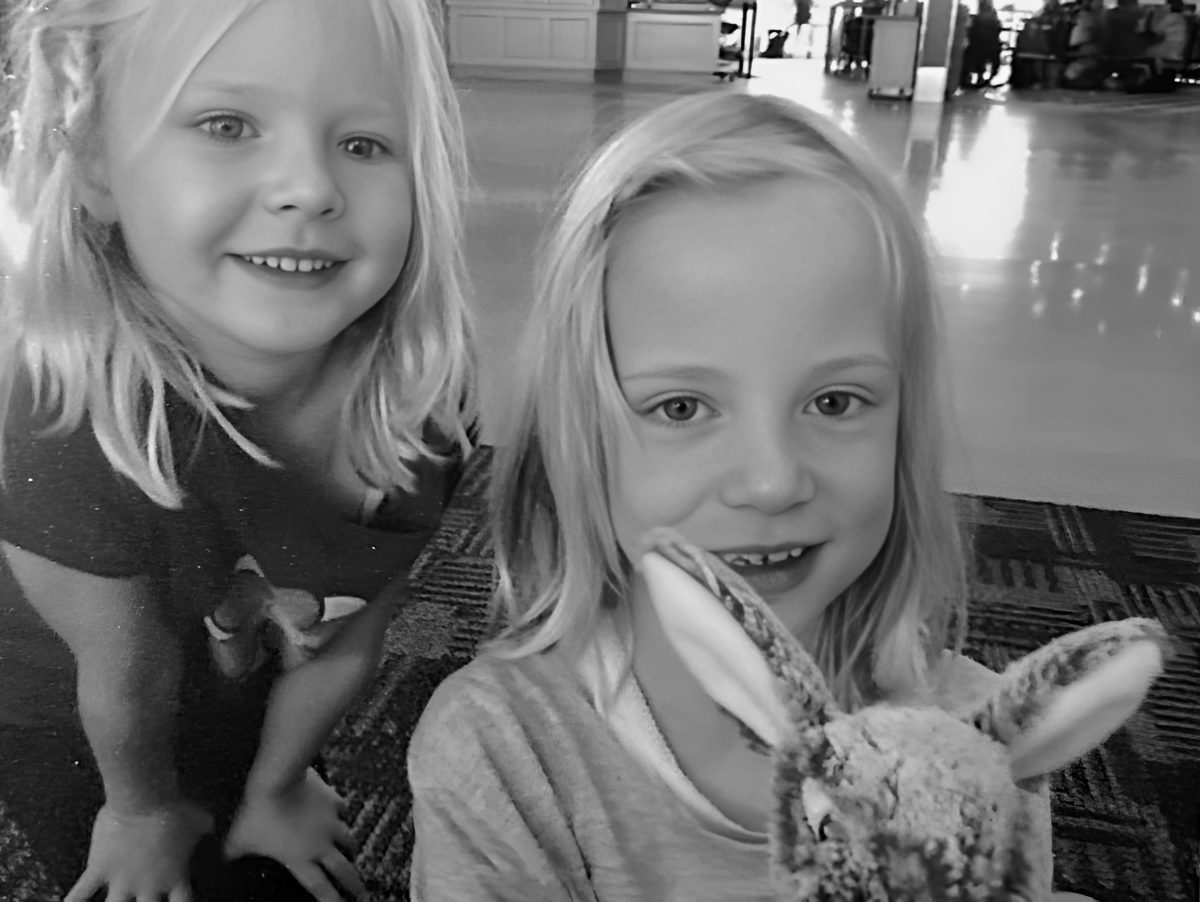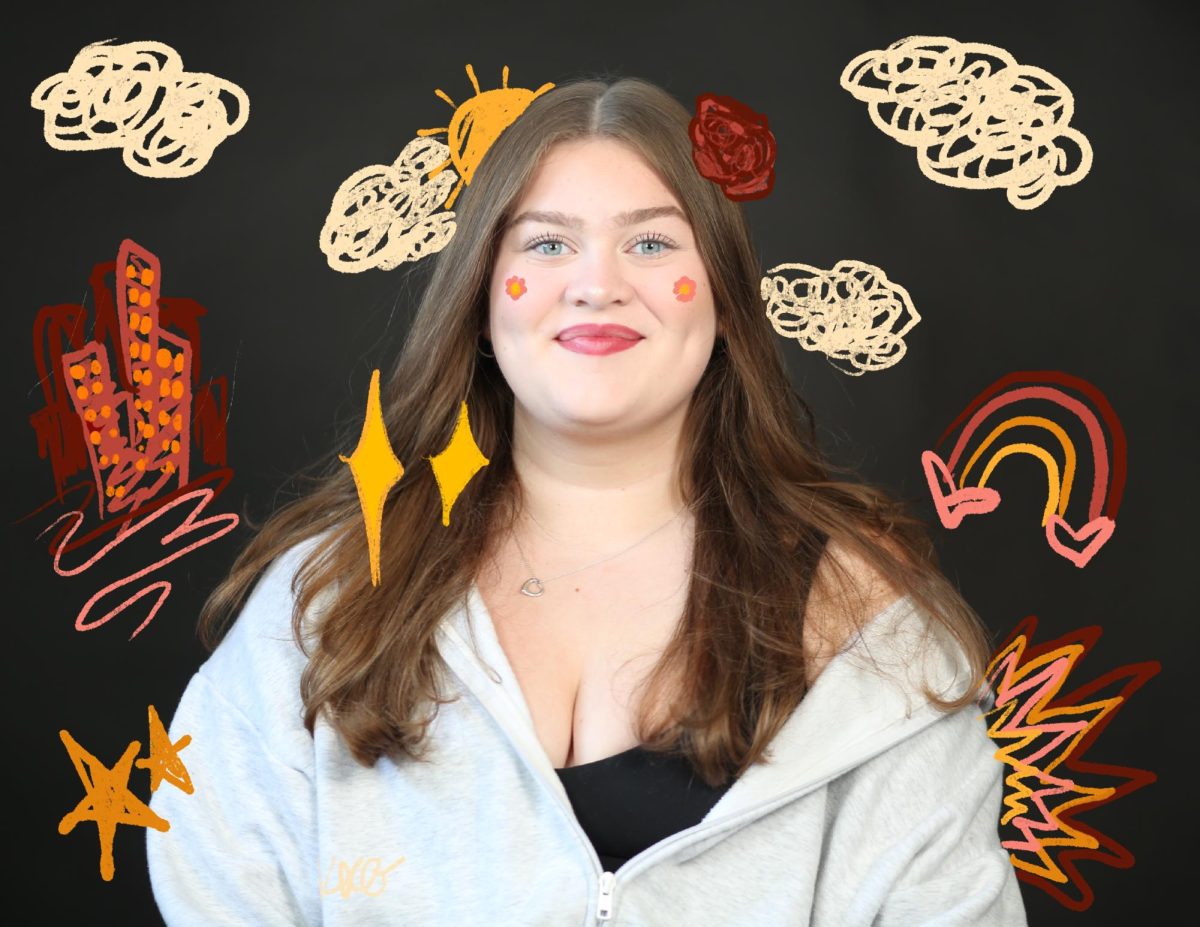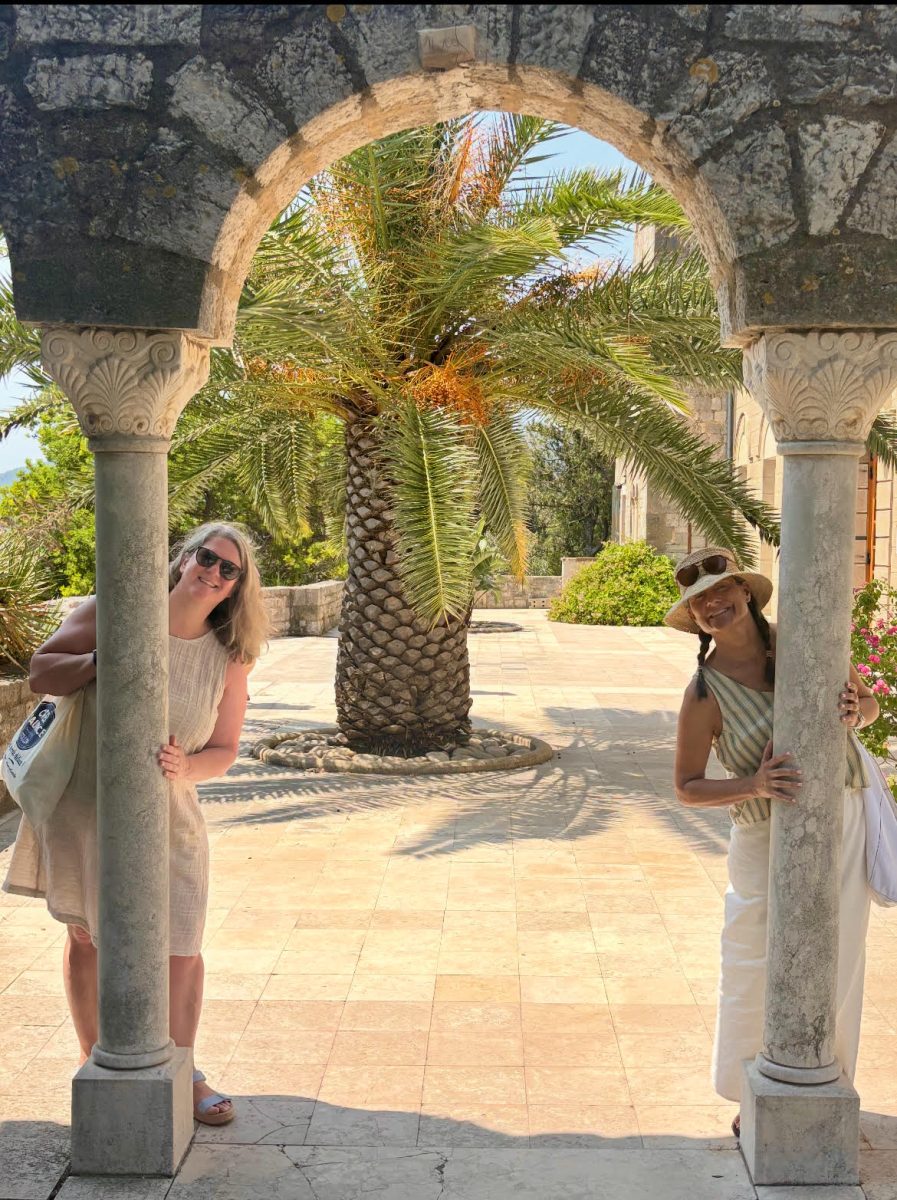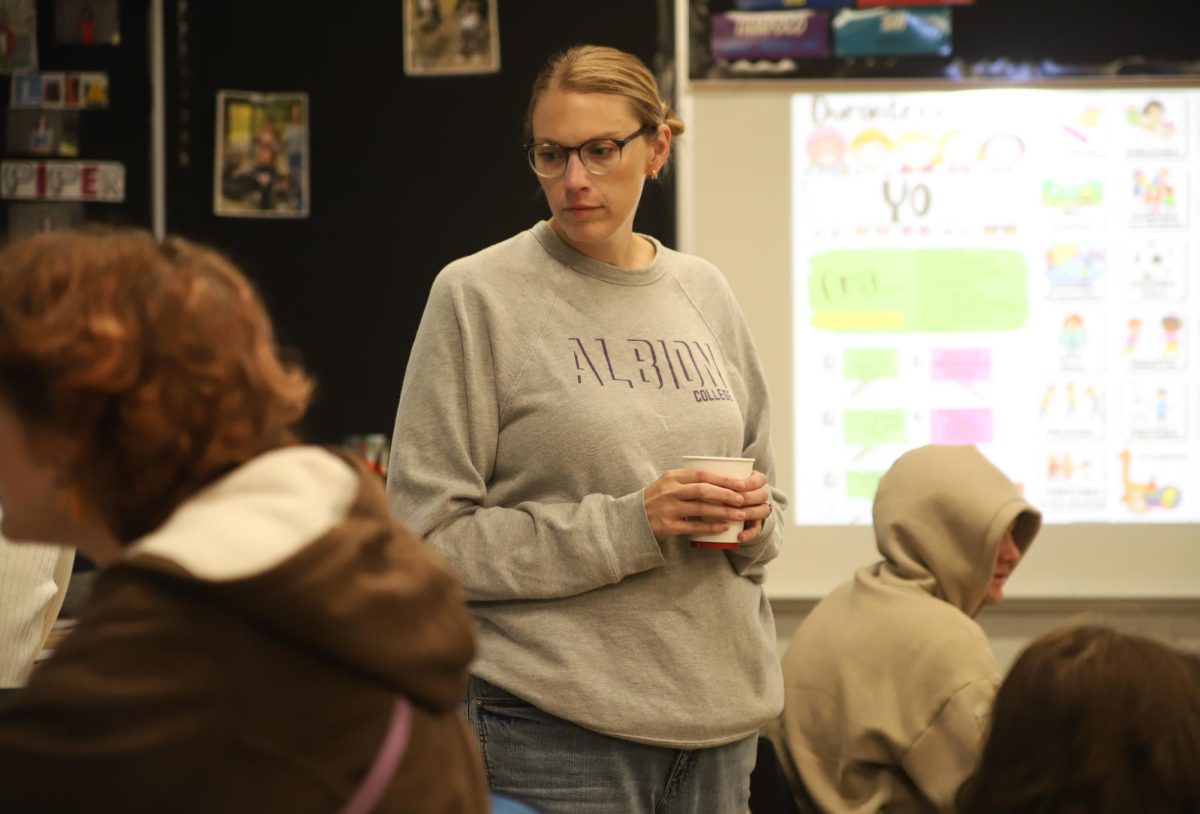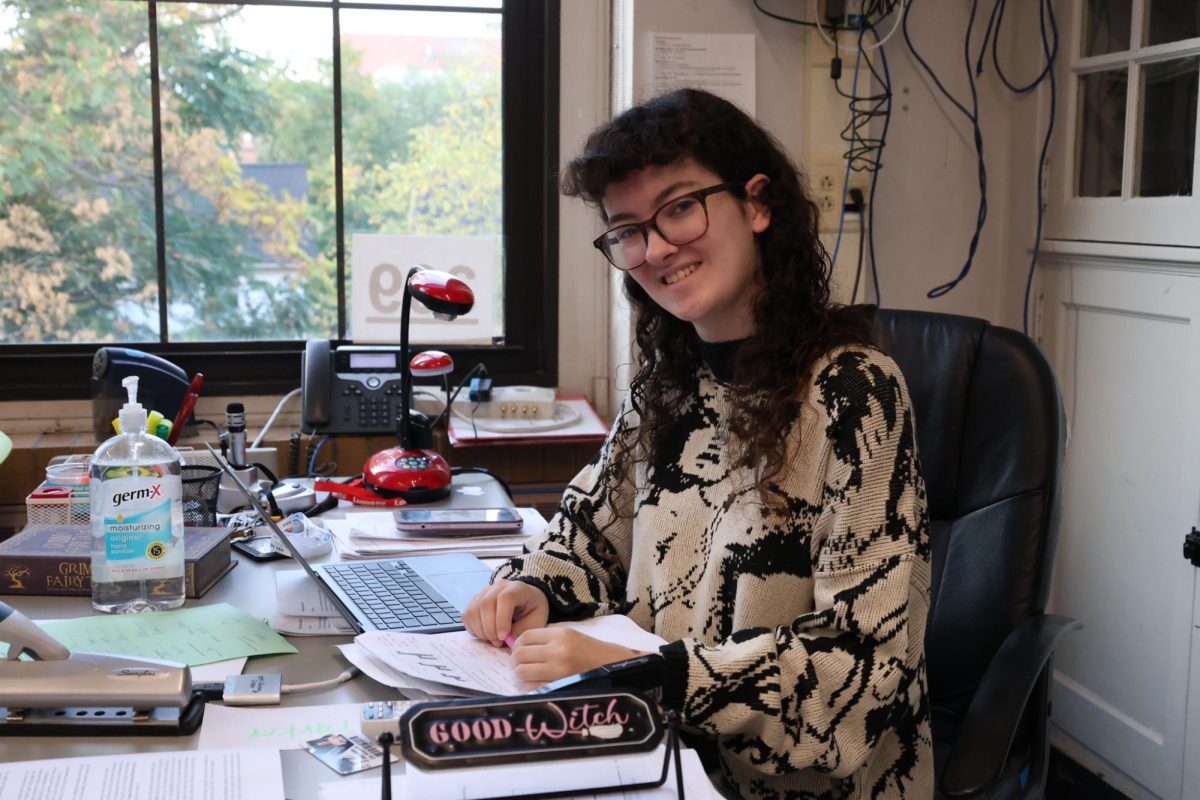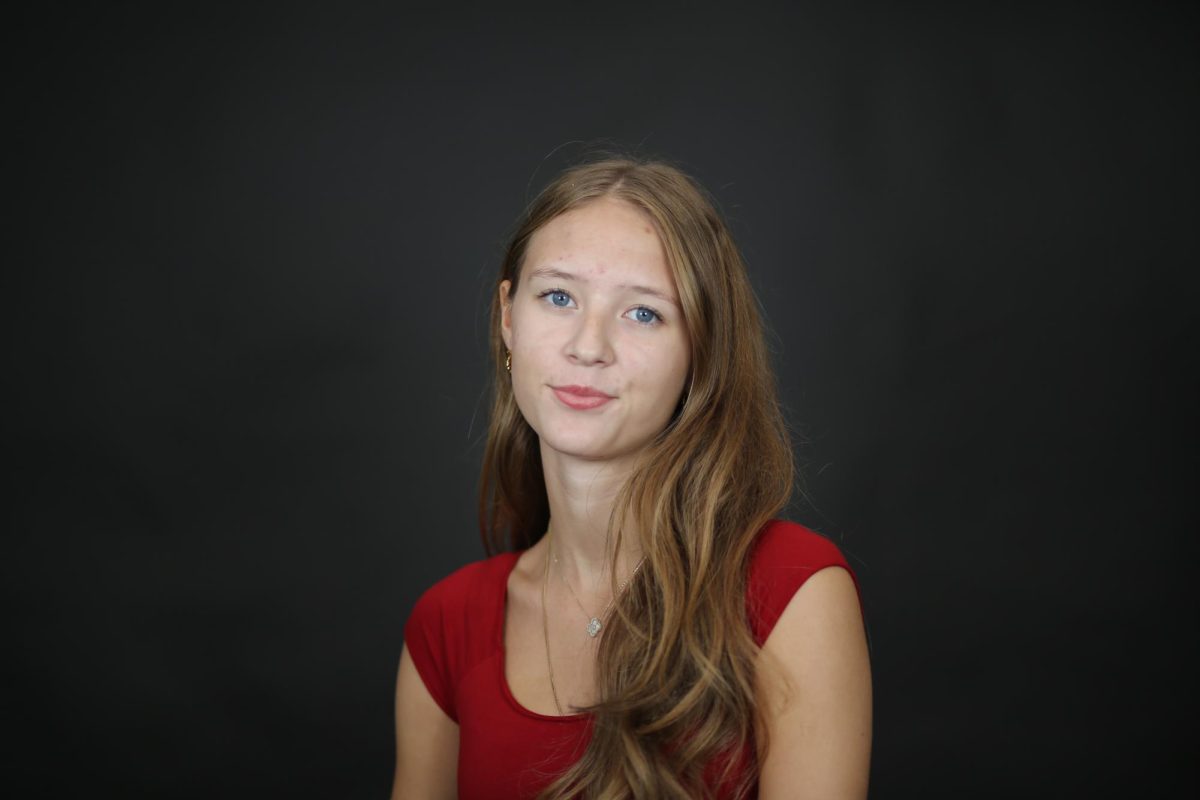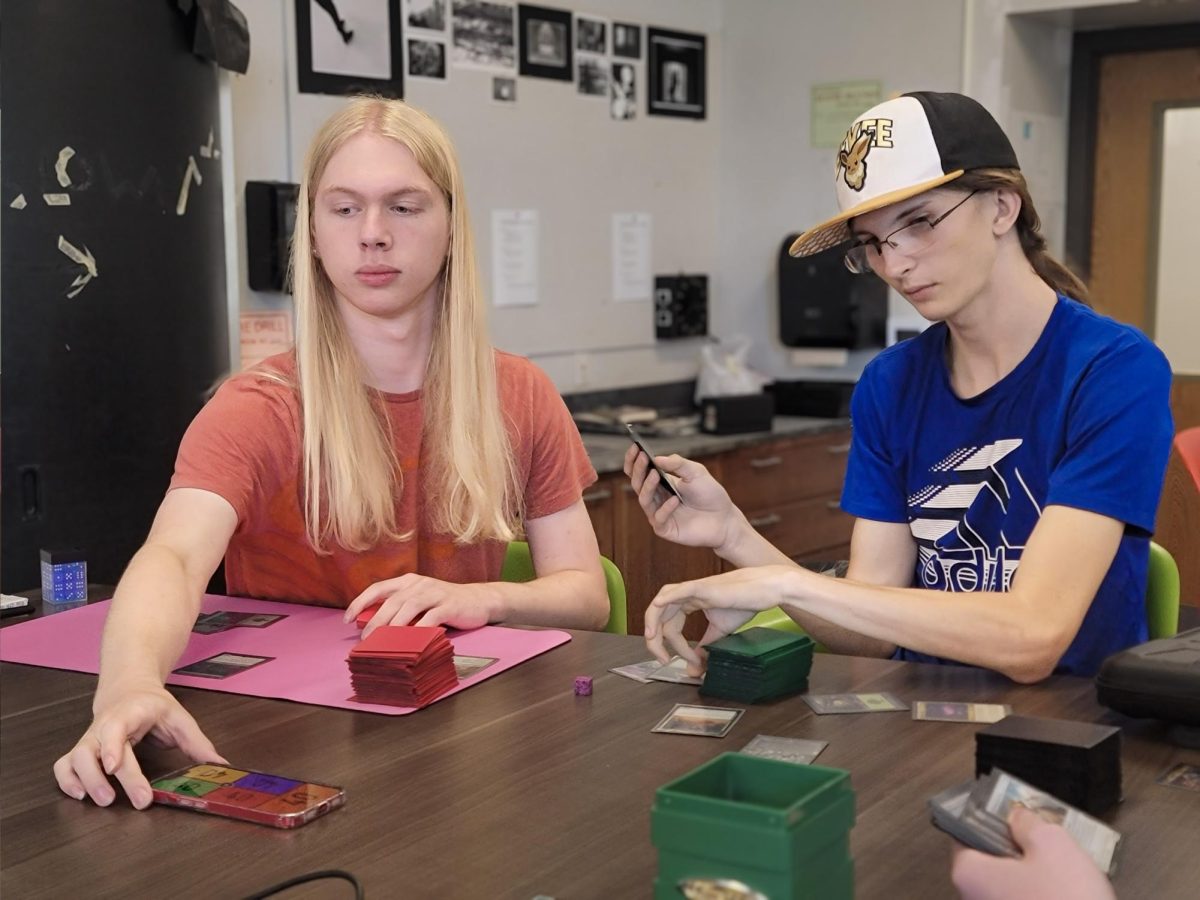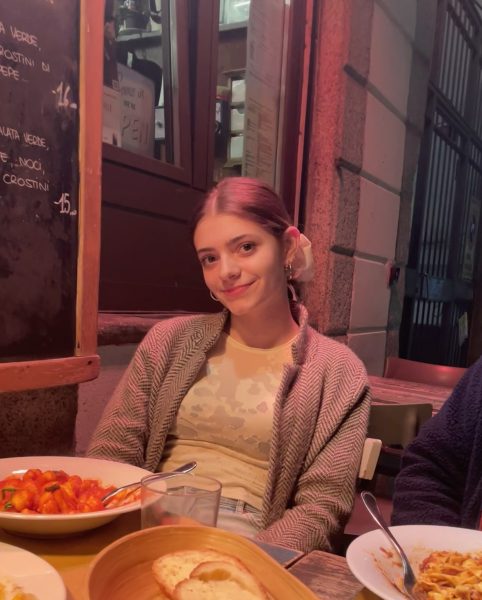“Mom, how do you say ‘I don’t speak English’ in English?” Emily Walker asked her mom while sitting in the living room, feeling completely lost. It was an afternoon in Plymouth, Michigan, just a few weeks after her family had moved over 4000 miles from Germany to the U.S.
At six years old, she felt like she was in a whole new world, surrounded by kids speaking a language she barely understood.
“Don’t worry. By the time you learn to say that, you’ll be fluent,” her mom said.
This statement was comforting but also a bit daunting. Little did she know, her journey to the U.S. would change her in ways she couldn’t imagine.
Walker grew up between two countries. Born in Stuttgart and raised in Tübingen, she lived in Germany until she was six when her family moved to the U.S. in 2014. Starting first grade in an American classroom was overwhelming. She relied on simple words—“yes” and “no”—to get by. The first few months were tough, but she picked up English surprisingly fast.
Her elementary school experience at Rudolf Steiner, a school with a strong emphasis on the arts, was a bit more complicated. Though the environment was vibrant, filled with creative projects and a strong community focus, the language barrier often left her feeling isolated.
“I was always really stressed, but I learned quickly,” Walker said. “Being young made it easier to adapt.”
The arts-focused curriculum was enriching, but the challenge of understanding everything in English made it harder at first.
One teacher, however, made a big difference. Mrs. Freitag, who spoke some German, provided a comforting connection to her past and a bridge into the English-speaking world.
“It was nice to have someone that spoke German with me for the first couple of months, just to help me when I didn’t understand something,” Walker said.
That support helped her gain confidence in her English skills, and in time, she felt more at home in her new environment.
After spending most of her elementary years in the U.S., Walker’s life took another unexpected turn when her family moved back to Germany just before the COVID-19 pandemic. The transition wasn’t easy.
“There’s nothing really around school,” Walker said. “School there was just way more focused on academics.”
She missed the football games, dances and the community spirit of American schools, but adjusting to Germany’s more traditional system was a challenge she faced head-on.
Four years later, Walker made another bold decision to return to the U.S. for high school.
“I love living here. It has changed me,” Walker said.
Coming back to America has helped her become more open and adaptable, values that have shaped her since she was a child. This time, she was living with a host family, friends of her biological family who had welcomed her into their home. Their daughter, Tula, quickly became more than just a host sister, she became one of Walker’s best friends.
“We always say hi and talk about our days,” Walker said.
She noted that Tula’s support has been crucial as she adjusted to a new school and culture once again.
The diversity of her host family, an American mom and an Indian dad who once lived in Nepal, also made her feel understood.
Their shared experiences of moving between cultures created a bond that helped Walker navigate her new life with a sense of belonging.
“We all share stories about moving between cultures,” Walker said.
She finds that their shared experiences bring a sense of comfort.
Having lived in both Germany and the U.S., Walker has encountered many stereotypes about Americans, like the idea that “all Americans eat fast food and everything there is so big.” While she acknowledges that some of these clichés are hardly true, she believes that they oversimplify the richness of American life. One of the most important takeaways from her time in the U.S. is the diversity, not just in people, but in food, traditions and landscapes.
Academically, Walker notes some of the big differences between schools in Germany and the U.S. In Germany, the focus is on learning a second language from an early age, while in her American school in Ann Arbor, the experience is more balanced, combining arts and crafts with academics. She’s come to appreciate that blend, as it nurtures her creative side as much as her intellectual growth.
Even with her kind and supportive host family and the friends she’s made, she still misses her biological family, especially her younger sister, Carla.
“We’re really close and I miss her a lot,” Walker said.
The two talk all the time on FaceTime, sharing their lives even though they’re thousands of miles apart.
“My sister is like my best friend,” Walker said. “We do everything together and we talk about everything. She just gets me. If I’m feeling off, she knows something’s wrong and we always talk it through.”
Walker and her sister have been inseparable since they were little.
“We traveled a lot when we were younger—Italy, France, Switzerland—places that are all close together,” Walker said. “And we’re a big ski family, so every Christmas we always go skiing in Switzerland. We still do that, even when I visit.”
They’re so close that they’d even have sleepovers when they lived together.
“I miss hanging out with her every day, laughing together and catching up after school,” Walker said. “That’s probably what I miss the most.”
Her sister is always super busy with school, dancing and friends, but she still always makes time for Walker.
“She’s just really special to me,” Walker said.
With Walker’s winter break coming up, she is excited to fly back home to Germany so visit family and friends, as well as go on her family’s annual ski trip in Switzerland.
Walker’s journey shows just how complicated cultural identity can be. Her story resonates with anyone who’s had to find their place between different worlds.
“I like my school here in the US,” Walker said. “I would say it’s something special.”
Looking back on everything, Walker feels like she’s grown a lot.
“I hope to finish high school here and see where life takes me next,” Walker said.
She has learned that home isn’t just a place. It’s a mix of experiences, relationships and memories that shape who we are.



